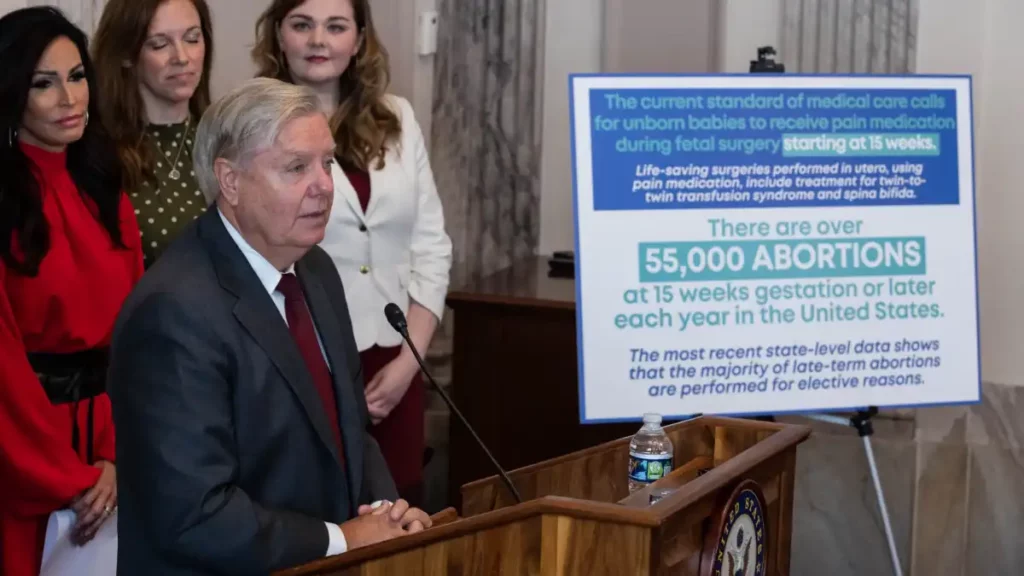The November 8 vote for the near-renewal of the U.S. federal Congress is approaching, and the stakes are very high. As always and more than ever. In many ways it will in fact be a referendum on the June 24 ruling by which the federal Supreme Court struck down the lie of abortion as a constitutional right. In the sense that now, after the resounding snub suffered on June 24, the U.S. pro-abortion forces actually have only one chance. That of gaining a parliamentary majority such that the June 24 ruling can be overturned, reintroducing abortion as a constitutional right by law. And November 8 is the first, great opportunity.
The Supreme Court ruling, in fact, through which abortion became a de facto constitutional right in 1973 acted in reverse. It established that abortion was not illegal and thus, as a result, abortion was imposed everywhere in the country. But, though not immediately, that ruling was always weak: at the mercy of other rulings from the highest court in the land, as indeed was shown later.
Now pro-abortion forces are in danger of where to wait for long battle times, mirroring what has happened to pro-life forces for decades, if they wish to hope to revisit the perfect storm constituted by the occurrence of all and together the conditions that might permit a new front reversal: a different composition of the Supreme Court that would include justices who are for life, and in such numbers as to overturn the current majority, all subject to the nomination of candidates to those benches by a president and head of the government of consonant orientation and confirmation by a Senate Judiciary Committee (the one with jurisdiction over it) in the majority similarly composed of persons whose stances are aligned.
Instead, a majority of seats within the two chambers of Congress in Washington is sufficient to take the path of parliamentary law. That is why what Republican Senator Lindsey Graham has proposed just weeks before the vote-referendum drops a heavy ace on the board.
On September 2 Graham announced the forthcoming proposal of a bill to outlaw abortion beyond the 15th week of pregnancy. Today only seven countries allow abortion, not dictated by medical reasons, up to 20 weeks, and among them ignominiously is the United States.
The civility proposal put forward by Graham clearly aims at two goals: saving more innocent lives and conditioning the November 8 vote.
In fact, the June 24 ruling did not erase abortion in the United States: it abolished the false notion that abortion is a federal right in the United States and that this lie constitutes binding criteria. In doing so, that ruling sent the issue back to the status quo ante 1973 and the individual states. Many of which have pro-life laws in place, but others do not and they continue to allow abortion even up to 20 weeks.
Instead, Graham’s proposition speaks to voters by looking them straight in the eye: do you want the United States to continue to be one of the most backward and absurd countries in the world on abortion? Or do you want the power of the June 24 ruling, which has already restricted abortion, to be further strengthened?
